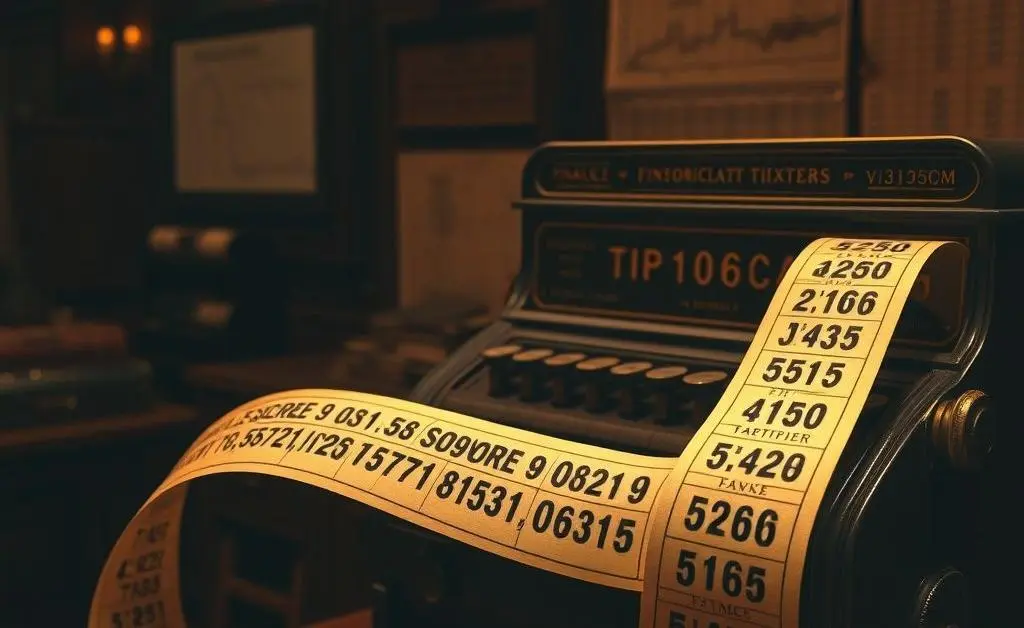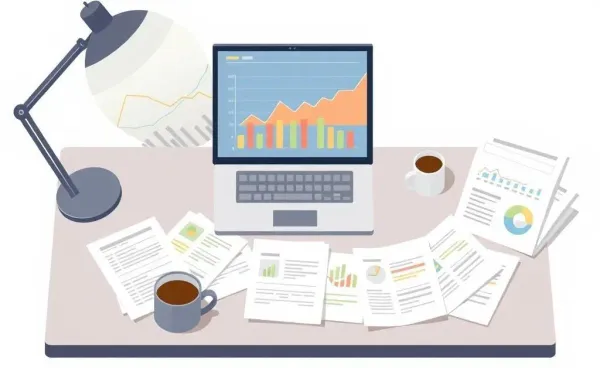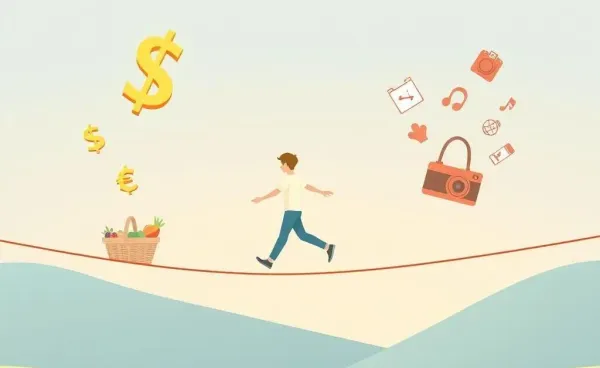Demystifying Cost Basis: What Investors Need to Know
Unravel the mysteries of cost basis for smarter investing decisions.

Ever found yourself scratching your head over your investment’s cost basis? You're definitely not alone! It's like trying to piece together a puzzle with a few missing pieces—and maybe a few more hiding under the couch cushions. Understanding cost basis is crucial for making smart investment decisions and ensuring smooth tax filing. Let’s unravel this mystery together.
What is Cost Basis?
Cost basis, in simple terms, is the original value of an asset for tax purposes. It’s essential for calculating capital gains or losses when you sell your investment. Think of it as your starting point—your investment's ‘birth certificate’, if you will.
Why Does Cost Basis Matter?
Cost basis helps determine how much you owe Uncle Sam when it comes to taxes. Without it, you could end up overpaying or underestimating your tax bill. That's not ideal, right?
- Calculates capital gains or losses
- Helps with tax management
- Aids in making sound investment decisions
Picture this: Jane, an avid investor, remembered buying a significant amount of stock way back. Fast forward years later, she found herself in dismay during tax season. The paperwork to find her original purchase data was like finding a needle in a haystack!
Tracking Your Cost Basis
Thankfully, it doesn’t have to be as daunting as Jane’s experience. Here’s how you can effectively track your cost basis:
- Keep Records: Maintain meticulous records of every stock purchase (thank goodness for digital tools!).
- Use Brokerage Tools: Most modern brokerages provide tools that automate this tracking. Utilize them.
- Confirm with Statements: Always validate your investment statements with your own records.

If your stocks are older than your memory of college days, you might be dealing with the dreaded ‘lost cost basis’. Don’t fret. You can often reconstruct your stock’s history by:
- Consulting your broker
- Checking old bank statements
- Visiting your friendly local accountant

Remember, keeping this information at hand can save considerable headaches come April. And who doesn’t love a good night’s sleep during tax season?
Common Mistakes to Avoid
- Throwing away documentation
- Not adjusting for stock splits/dividends
- Naming an incorrect cost basis
Reversing these mistakes is a bit like squeezing toothpaste back into the tube—not impossible, but it’ll take some effort.

Understanding your cost basis isn't just for number crunchers—it's fundamental for every investor who wants to stay savvily informed and financially competent. So, grab that magnifying glass and dive into your records. What was your most perplexing cost basis mystery, and how did you solve it?




